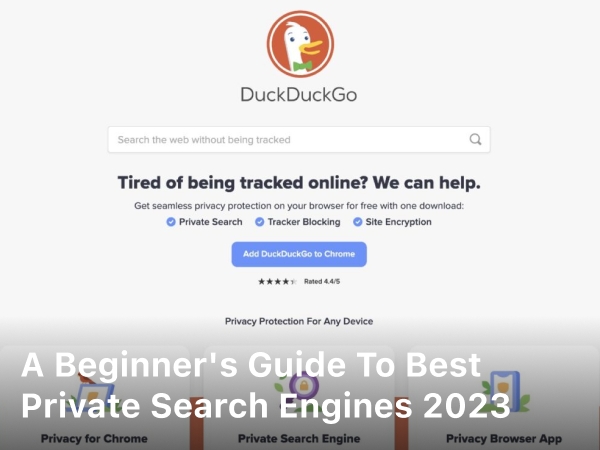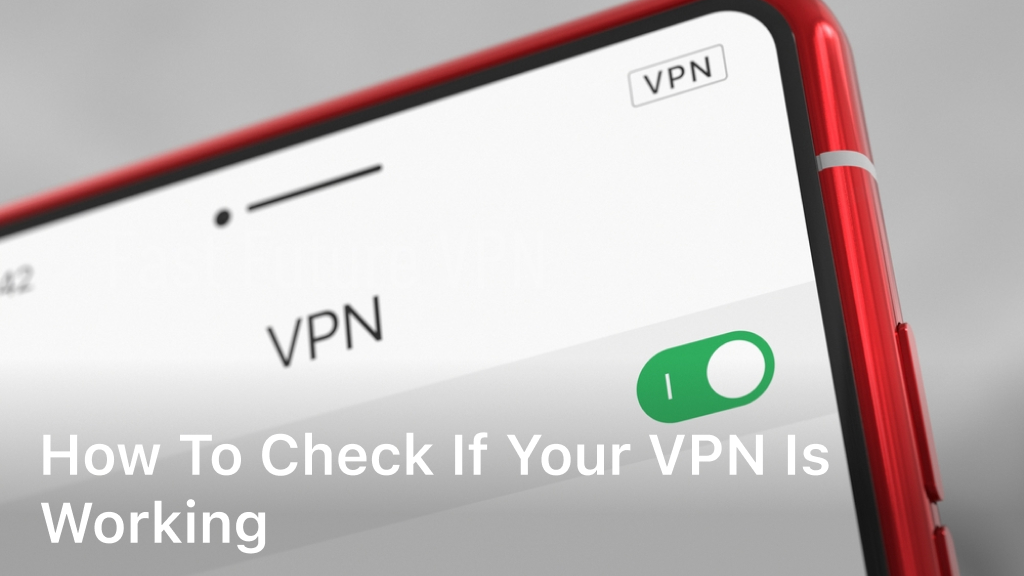
A Beginner’s Guide to Best Private Search Engines 2023 – Discover the best private search engines of 2023 that prioritize your privacy. Explore the top options to keep your online searches confidential and secure.
In a digital landscape where data breaches and privacy concerns have become the norm, the quest for secure and private online experiences has gained paramount importance.
This pursuit has led to the rise of private search engines, promising users the ability to explore the web without sacrificing their personal information.
In this article, we delve into the realm of privacy-focused search engines and present a list of the best private search engines in 2023 that can help you reclaim control over your online data.
Private Search Engine
The Need for Private Search Engines
In an era where our lives are intertwined with the digital realm, the need for private search engines has become more crucial than ever before. These specialized search engines offer a sanctuary for those who value their online privacy. Let’s delve into the reasons why private search engines are a necessity in today’s digital landscape.
1. Protection of Personal Data
Conventional search engines are notorious for tracking your every move online. They gather data about your search queries, browsing habits, and even your location.
This information is often used to create targeted advertisements and generate user profiles that can be sold to third parties. Private search engines, on the other hand, take a stance against this intrusive practice. By refraining from collecting and storing your personal data, they shield you from the prying eyes of data brokers and advertisers.
2. Defense Against Data Breaches
Data breaches have become an unfortunate reality of the digital age. Hackers and cybercriminals are constantly on the prowl for valuable data to exploit. Traditional search engines store a treasure trove of information about you, making them an attractive target for cyber attacks.
Private search engines, with their policy of not retaining your search history or personal details, significantly reduce the risk of your sensitive information falling into the wrong hands.
3. Freedom from Filter Bubbles
Filter bubbles are the result of algorithms that tailor your online experiences based on your past behavior. While this might seem convenient, it can trap you in an echo chamber, shielding you from diverse perspectives.
Private search engines break free from these filter bubbles by not tracking your searches and presenting you with a broader range of information. This enables you to explore a variety of viewpoints and make more informed decisions.
4. Preserving User Anonymity
Your online searches can reveal a lot about you, from health concerns to personal interests. Private search engines prioritize your anonymity by not associating your searches with your identity.
This can be particularly crucial when you’re looking up sensitive topics or seeking information that you’d rather keep private.
5. Enhancing Cybersecurity
Private search engines contribute to your overall cybersecurity by minimizing the digital breadcrumbs you leave behind. When your search history isn’t stored, the risk of cyber attackers exploiting your past searches to gain unauthorized access to your accounts is significantly reduced. This layer of protection can prove invaluable in today’s increasingly digital landscape.
6. Avoiding Ad Overload
Have you ever noticed how advertisements seem to follow you around the internet after a simple search? This is due to the data collected by conventional search engines.
Private search engines spare you from this constant barrage of targeted ads by not using your search history to serve ads. This ensures a less intrusive and more focused browsing experience.
7. Supporting Internet Neutrality
Internet neutrality is the principle that all internet traffic should be treated equally, without discrimination. Private search engines, by not tracking or biasing search results based on past behavior, align with this principle. They provide a level playing field for all users, promoting fair access to information.
What Makes a Search Engine Private?
Private search engines stand out for their commitment to user privacy. They prioritize safeguarding your data by not storing or tracking your search history.
Unlike conventional search engines, private alternatives don’t create a digital trail of your online activities. This means that your search history and personal information are not utilized to tailor advertisements or sold to third parties.

Best Private Search Engines 2023
1. DuckDuckGo
Undoubtedly the poster child of private search engines, DuckDuckGo has maintained its reputation as one of the best private search engines for years. Its commitment to user privacy is evident in its policy of not tracking user searches, ensuring that you can explore the web without the fear of your data falling into the wrong hands.
With a simple and intuitive interface, DuckDuckGo offers reliable search results powered by various sources, including its web crawler, Bing, and Yahoo.
2. Startpage
Startpage, formerly known as Ixquick, is another remarkable private search engine that puts user privacy at the forefront. It acts as a privacy-friendly proxy for Google searches, delivering Google’s search results without the tracking. Your IP address and personal information remain hidden, allowing you to access the information you need without compromising your privacy.
3. Searx
Searx stands out from the crowd by offering a self-hosted solution. This means you can set up your instance of Searx, ensuring complete control over your search data. By aggregating results from various search engines while stripping away tracking elements, Searx provides comprehensive search results minus the invasive tracking mechanisms.
4. Qwant
Hailing from Europe, Qwant emphasizes user privacy by not tracking its users or filtering search results based on their preferences. Its intuitive interface and categorization of search results into different tabs enhance user experience, while its commitment to privacy ensures your data stays in safe hands.
5. Swisscows
Swisscows boasts its own unique way of ensuring privacy. This private search engine utilizes semantic information recognition to provide relevant results without storing user data. The family-friendly nature of its search results makes it a suitable choice for users concerned about age-appropriate content.
FAQs
Q1: What are private search engines?
Private search engines are specialized online tools that prioritize user privacy by refraining from tracking search history, location, or personal information. They ensure that your searches remain confidential and do not contribute to targeted advertisements.
Q2: How do private search engines protect my data?
Private search engines protect your data by not storing any personal information or search history. This prevents your online activities from being traced, tracked, or used to target you with ads.
Q3: Are private search engines as effective as mainstream ones?
Yes, private search engines can be as effective as mainstream ones. While they may not have the same resources as tech giants, many private search engines aggregate results from well-established search engines, ensuring relevant and accurate search results.
Q4: Can I trust private search engines with my data?
Yes, you can trust reputable private search engines with your data. These engines are built with a focus on privacy, and many have transparent privacy policies that outline their data handling practices.
Q5: Are private search engines easy to use?
Absolutely! Private search engines are designed to be user-friendly, with interfaces similar to those of traditional search engines. You can search the web just as you would on any other platform.
Conclusion
In a world where online privacy is a growing concern, the emergence of the best private search engines in 2023 offers a beacon of hope for individuals seeking to protect their personal information.
By opting for these privacy-focused alternatives, you can confidently explore the digital realm without leaving a trail of your online activities. Embrace the power of private search engines and take back control over your digital footprint.
Keep Reading :




